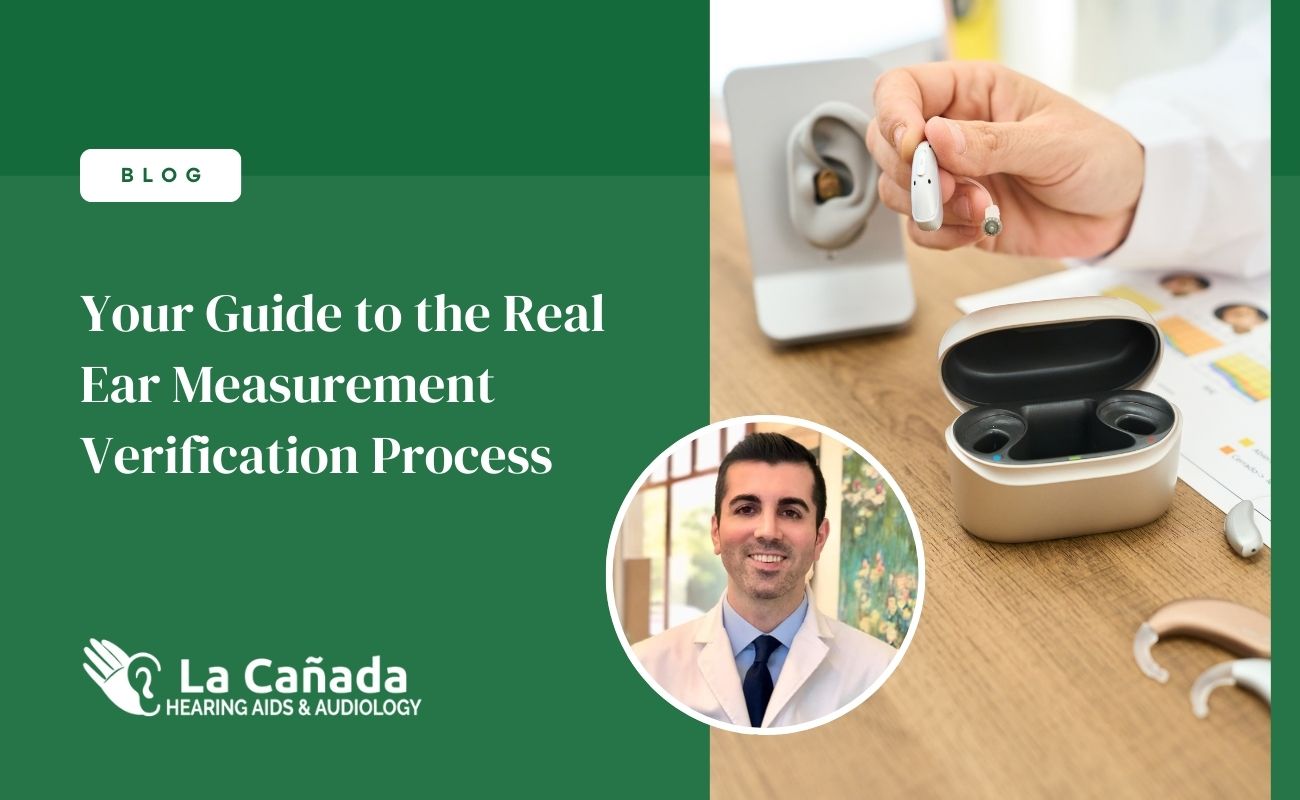The inner ear controls all aspects of movement, which means any disruption can wreak havoc on a person’s ability to walk or balance properly. Vertigo is a sensation of feeling off balance. If you have these dizzy spells, you might feel like you are spinning or that the world around you is spinning. There are numerous reasons for vertigo, but if the condition is persistent and you are searching for reasons, Meniere’s disease could be a possibility.
What is Meniere’s Disease?
Meniere’s disease is a disorder of the inner ear that can lead to dizzy spells (vertigo) and hearing loss. In most cases, Meniere’s disease affects only one ear. Meniere’s disease can occur at any age, but it usually starts between young and middle-aged adulthood. It’s considered a chronic condition, but various treatments can help relieve symptoms and minimize the long-term impact on your life.
Identifying Meniere’s disease
Meniere’s disease typically occurs in stages, with initial symptoms of dizziness, ringing and hissing in the ears also known as tinnitus, fullness in the head and low-frequency hearing loss. The vertigo can become so severe that patients experience nausea, vomiting or spontaneous falling. After an attack, patients may find themselves exhausted or incapacitated for hours needing lots of rest to recover.
The stages of Meniere’s disease
The cause of Meniere’s disease is unknown. Symptoms of Meniere’s disease appear to be the result of an abnormal amount of fluid (endolymph) in the inner ear, but it isn’t clear what causes that to happen. Possible causes include, improper fluid drainage, perhaps because of a blockage or anatomic abnormality, an abnormal immune response or a viral infection.
Meniere’s disease occurs in three progressive phases. During the early stages, you may have random episodes of vertigo that last somewhere between 20 minutes to a full 24 hours. You might also have hearing loss, pressure in the ear, and have trouble hearing.
During the middle stages of this disorder, your tinnitus and hearing loss become worse, while vertigo episodes decrease. You might also experience several months of remission of your Meniere’s symptoms.
Advanced stage Meniere’s disease has symptoms that include sudden falls with no warning. Balance problems, and tinnitus may occur. Episodes of vertigo may decrease or stop altogether. This disease remains difficult to diagnose as well as debilitating.
Because Meniere’s disease is caused by a buildup of fluid in the inner ear, it’s important to address your salt and caffeine intake, both of which can contribute to additional fluid buildup. Some physicians even prescribe diuretics. Better nutritional choices will not necessarily improve the severity of the symptoms but can decrease the frequency of dizzy spells or nausea.
If dietary changes don’t make enough of a difference, intratympanic perfusion therapy is offered, involving injecting steroids into the inner ear and allowing the medicine to fully saturate for two hours.
How does a doctor diagnose Ménière's Disease?
An otolaryngologist, also known as an ear, nose, and throat (ENT) doctor, typically diagnoses and treats Ménière's Disease. However, no specific test or symptom can be used to definitively diagnose the condition.
It is typically diagnosed based on a combination of the following:
- Medical history: A thorough medical history, including any other ear problems or conditions that may be related to Meniere's Disease, can help confirm the diagnosis.
- Physical examination: A physical exam, including an analysis of the ear and hearing tests, can help to diagnose Meniere's Disease.
- Other tests: Other tests that may be conducted to diagnose Meniere's Disease include imaging tests (such as an MRI or CT scan), a hearing test (audiometry), and a test to measure balance and coordination (vestibular function test).
Some doctors will refer you to an audiologist for a hearing test to establish the extent of hearing loss caused by Ménière's Disease. To rule out other diseases, a doctor also might request magnetic resonance imaging (MRI) or computed tomography (CT) scans of the brain.
Hearing loss and Meniere’s disease
Meniere’s disease if not treated in time can cause hearing loss, including low-frequency hearing loss, meaning low-pitched sounds may be harder to hear. A person also might be more sensitive to higher-pitched sounds and find them uncomfortable. This is typically reversible and goes away. However, Meniere’s disease is unpredictable and the hearing loss may not affect low frequencies, but instead high frequencies. Some people will gradually develop more serious levels of hearing loss, which may be only in one ear or both ears. The hearing loss can range from mild to profound. Hearing aids can generally help, since the type of hearing loss is sensorineural in origin.
How hearing treatment could help those with Meniere's Disease
While medications such as diuretics are the most common treatment for Meniere's Disease, hearing treatment could effectively manage daily symptoms. While hearing aids cannot address the root causes of this disease, they can help improve balance by providing the brain with accurate sound information. By seeking proper hearing care, individuals with Meniere's Disease can better manage their symptoms and enhance their overall quality of life.
La Cañada Hearing Aids & Audiology
The first goal of treating Meniere’s is to get an accurate diagnosis. After the diagnosis is made it would be very helpful to visit us at La Canada Hearing. If you have mildly to moderately reduced hearing due to Meniere’s, you might benefit from using a hearing device to help you hear. Digital hearing aids and other devices increase the amount you’ll hear. If you suffer from hearing problems, Dr Kevin Ivory can test your hearing to determine the extent of your hearing loss. The right hearing aids can help you navigate Meniere’s disease and help you continue to live the life you deserve.


.webp)





